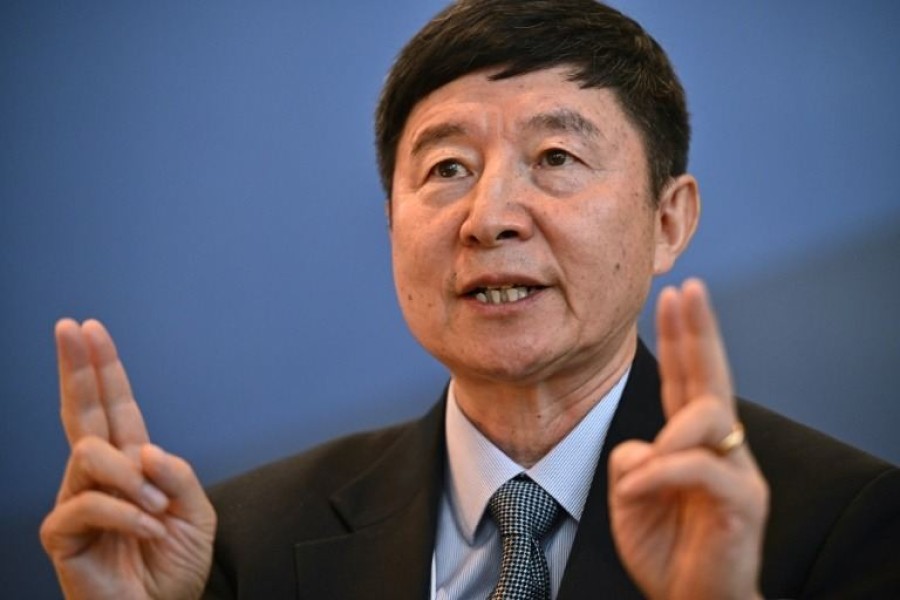Western Tariffs a 'challenge' for China's Battery Giant CATL

An executive from China's battery giant CATL says that Western tariffs tied to electric vehicles present a "challenge" for the firm, and are bad for customers too.
Citing unfair competition, the European Union is due to impose hefty tariffs on Chinese-made EVs by July 4, after Washington increased duties on the sector last month.
Canada suggested last week it might also follow suit. CATL is a major player in the market as the world's top producer of EV batteries, having signed deals with carmakers including Tesla, Stellantis and BMW.
CATL has been helped by robust financial support from Beijing, which has prioritized the development of domestic high-tech industries that it views as strategically advantageous.
"China invests heavily in the lithium-ion battery research, development and production," Ni said. Such support is the source of complaints from Western governments about unfair competition.
Many of the vehicles affected by tariffs are fitted with batteries from CATL, which is aiming to ramp up its operations in Europe next year. Based in the coastal Chinese city of Ningde, the company is currently building a second European factory in Hungary.
At home, the firm's success in recent years has been galvanised by rapid growth in the domestic market. Not only had China seen "a massive introduction" of personal car ownership over the past 30 years, but also the establishment of "the capability, the entire supply ecosystem" for EVs, Ni said.
This gave Chinese firms a huge advantage in the global shift towards green transport. "There's already capability for China to go quickly," he said.
Previous Story
- Nissan says it will make next-generation EV batteries...
- Volkswagen and rivals plug away at solid-state battery...
- The first EV with a lithium-free sodium battery...
- Tesla moves forward with plan to build an...
- Giant batteries drain economics of gas power plants
- Electric Power Tools Transforming Industries and Workshops
- Explainer-How could solid-state batteries improve next-gen EVs?